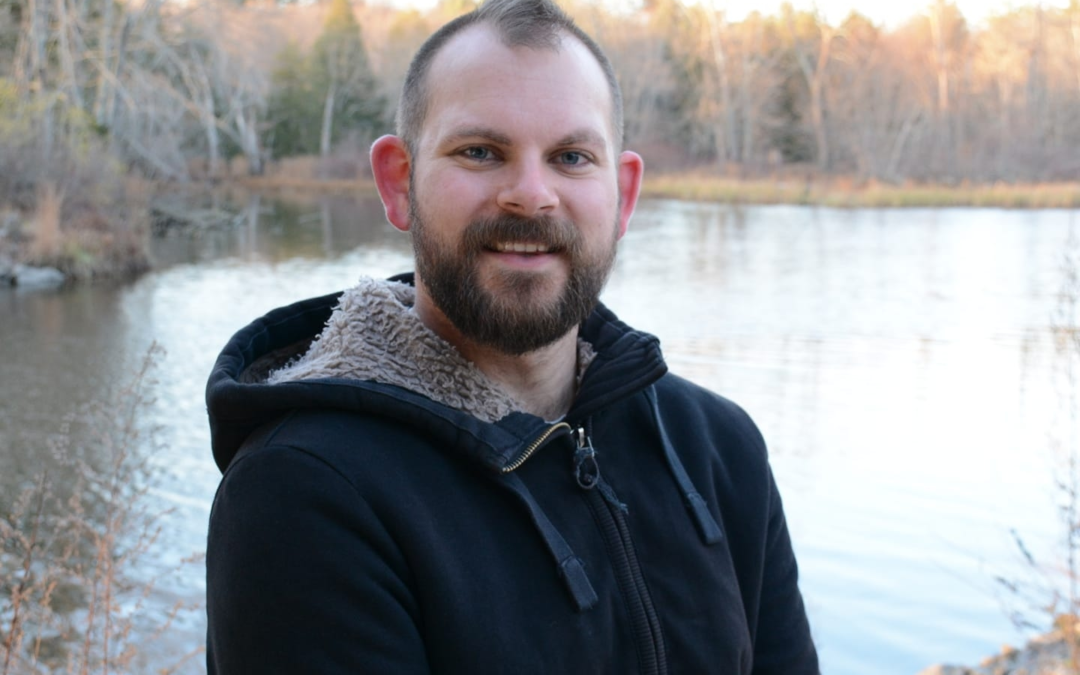Kingswood’s faculty is joined by Dr. Merrill Greene, who is the new Director of Intercultural Studies. Dr. Greene is currently a missionary to a local First Nations community with Northern Canada Evangelical Mission. He brings current, practical missions experience to his new role at Kingswood. Read on to learn more about Dr. Greene.
“Talk about your background and the ministry role you currently hold with the Northern Canada Evangelical Mission.”
I grew up in Argyle, Nova Scotia, and got a B.A. in Religious Studies from Crandall University. After graduating from Crandall University, I went on to pursue a Ph.D. in Religious Studies, planning to have a career in the world of academia. God redirected me to missions through a vision calling me to work with First Nations people. Five minutes after the vision, I got a phone call from someone inviting me to work with First Nations people in New Brunswick, and I accepted that opportunity.
I have since combined missions and academia in my work, doing about 50% academia and 50% ministry, which is the sweet spot for me. I live in Fredericton and am a part-time adjunct at Crandall University where I teach Biblical languages. I have also been a missionary to First Nations people with the Northern Canada Evangelical Mission since 2019. I am involved in church planting and Bible studies on the First Nations reserves.
“Why did you say yes to the opportunity to be the Director of Intercultural Studies at Kingswood?”
I think that people often think of missions as something across the sea, but I want to help people gain awareness of the mission field that is here as well. A lot of people have not been exposed to more localized ministries such as ministry to First Nations. The harvest is ripe and workers are needed, and this position is an opportunity to put my resources towards equipping people to be sent out.
“How would you say your continued role with the Northern Canada Evangelical Mission will affect your role at Kingswood?”
As a very hands-on person, I think it is important for people to realize the importance of knowing how philosophical questions and theological ideas work out practically in the field. It is important to balance learning about the Bible and about different cultures with actually experiencing those cultures. Having the exposure from doing missions right now will allow me to slowly introduce students to the field of missions.
“What is your hope for the Intercultural Studies program?”
My hope is that this program won’t produce missiologists, but will produce missionaries. I want the students coming out of the Intercultural Studies program to be able to answer difficult questions about what Christianity can look like in the context of different cultures and worldviews without compromising on core beliefs. I also want them to learn about ways they need to be adaptable as people in order to serve effectively.
